Dr BIPIN VIBHUTE is one the great liver and multi organ Transplant surgeon we have in India. His smiling face cures patient and gives confidence that they are now in good hands. He takes time to explain things and resolve the problems of all his patients.His team is also very caring and helpful“
Pravin Patole (Transplant Year: 2021)
Treatment : Liver Transplant
Dr Bipin Sir has charismatic personality and humble in nature. He knows how to diagnose the things. Most of time patients become happy and feel healthy with Dr Bipin sir’s smile and the way he treats them.? All the best sir and please keep the good things continue and please take care of you.
Saket Khadakkar (Transplant Year: 2021)
Treatment : Liver Transplant



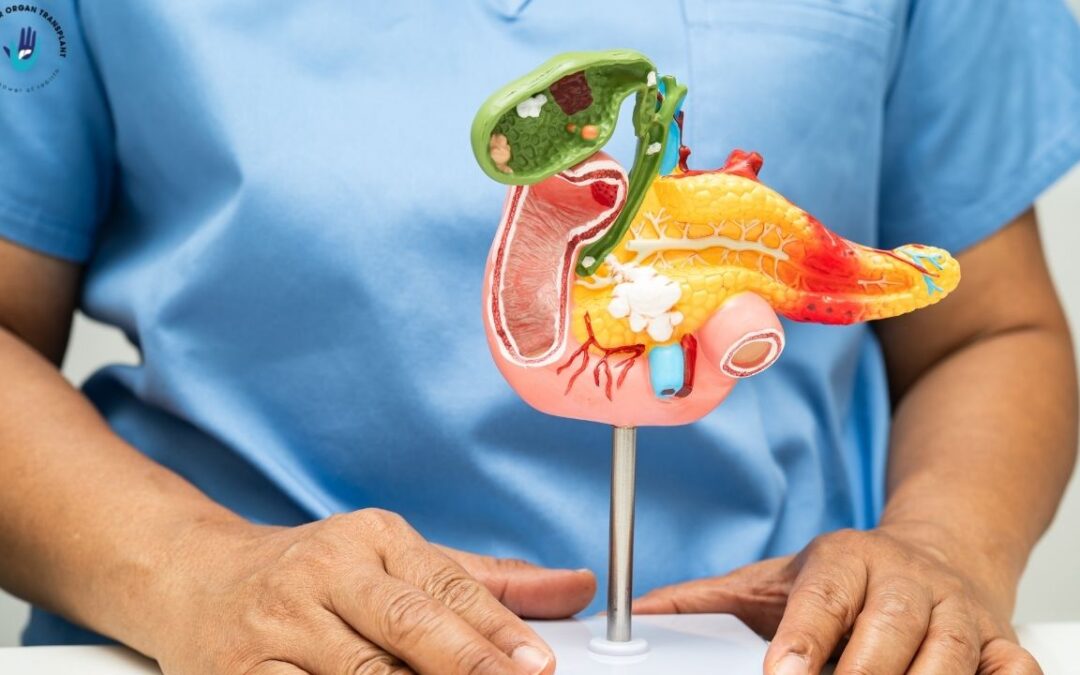
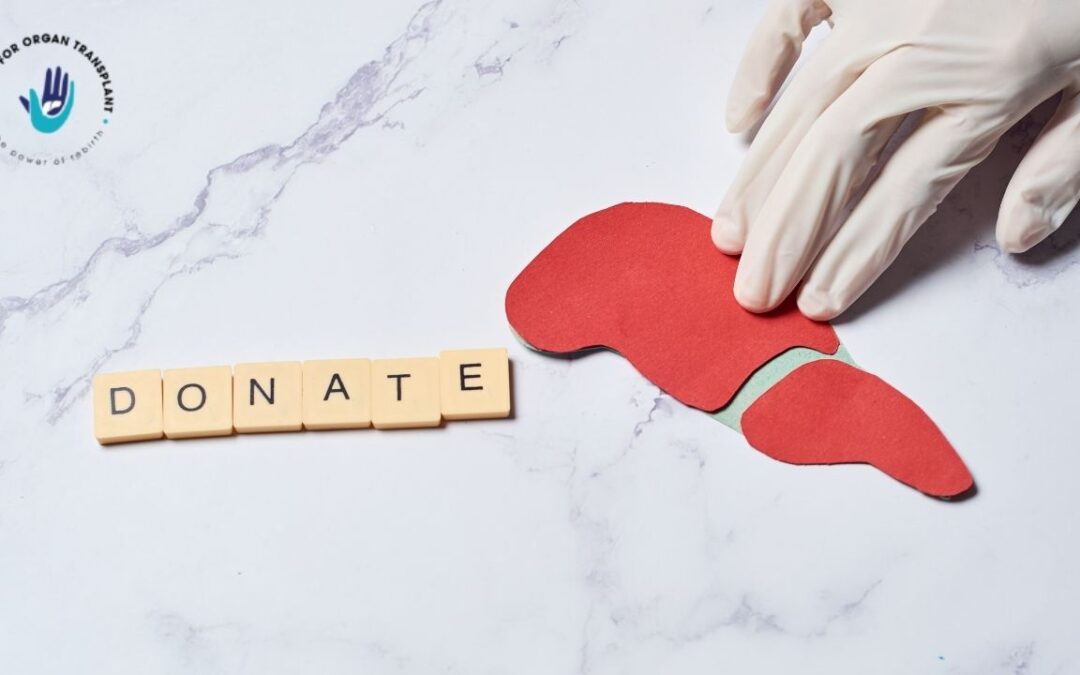
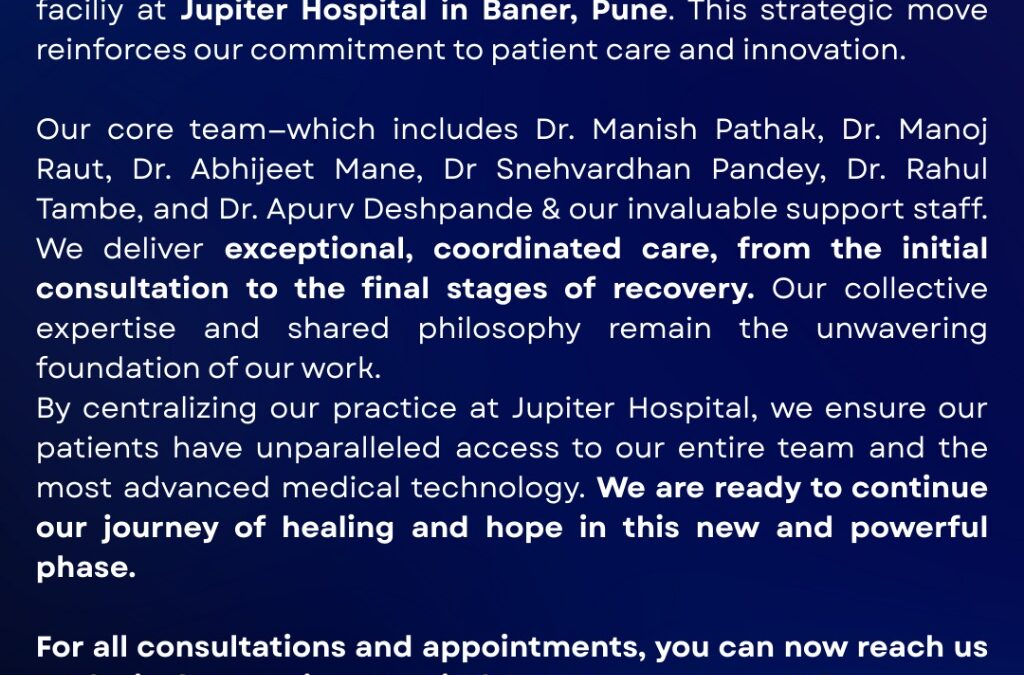
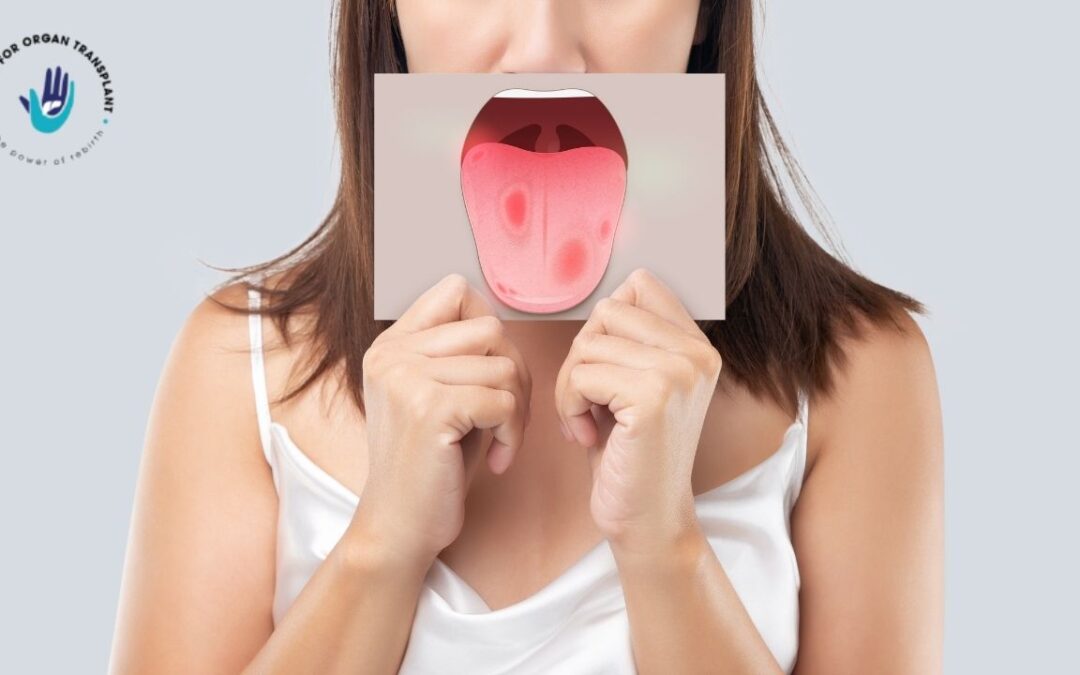
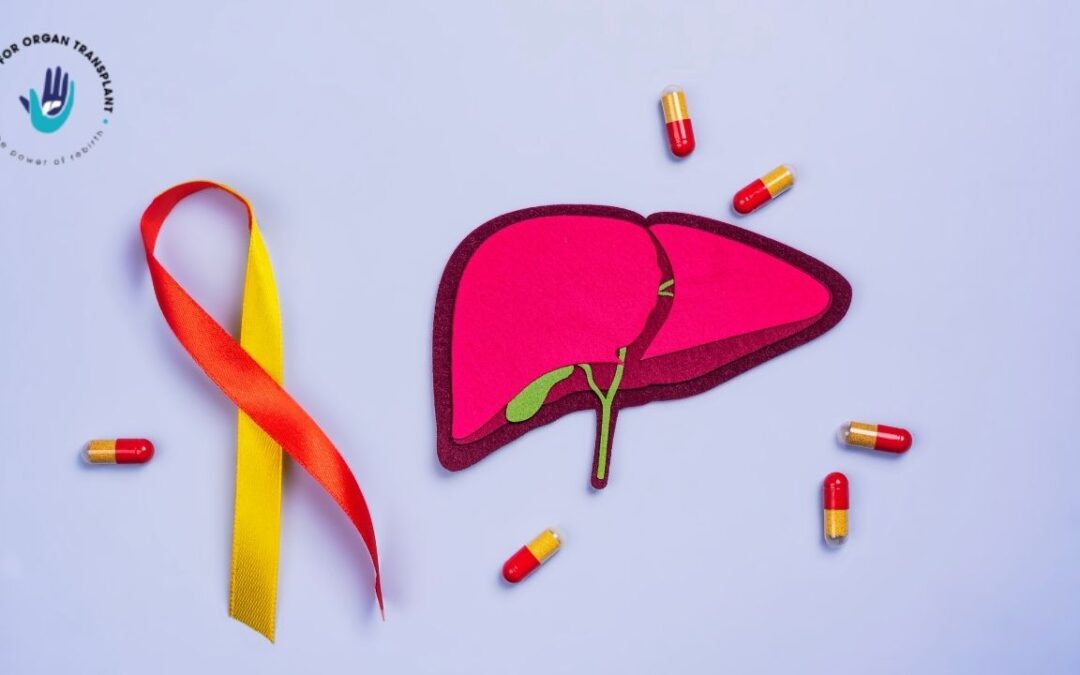
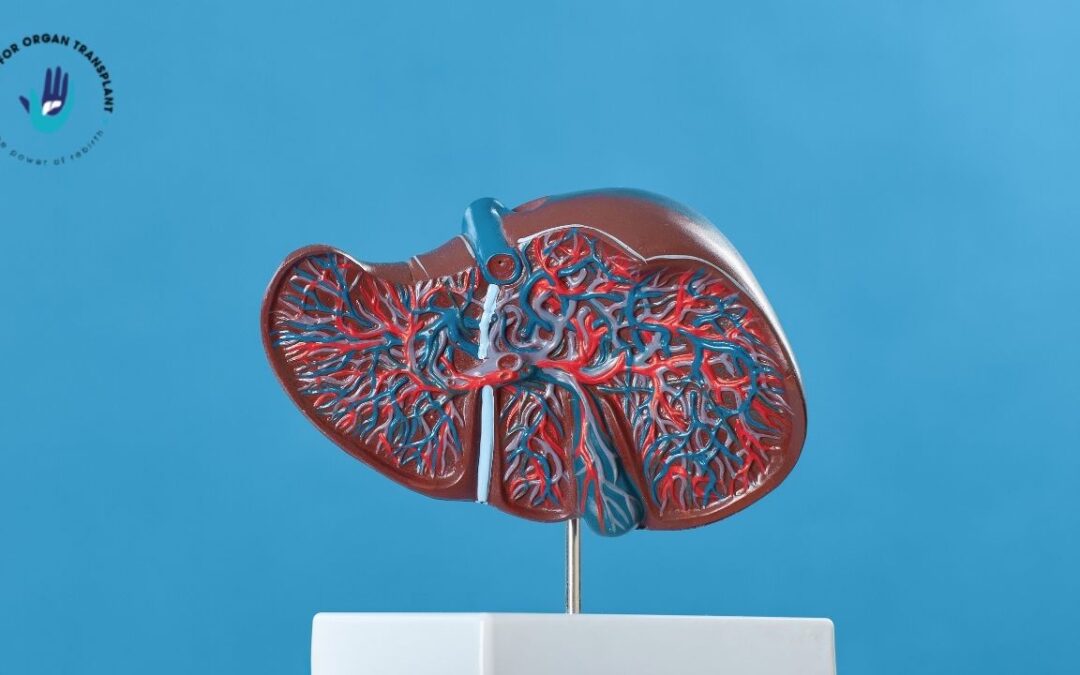
Recent Comments